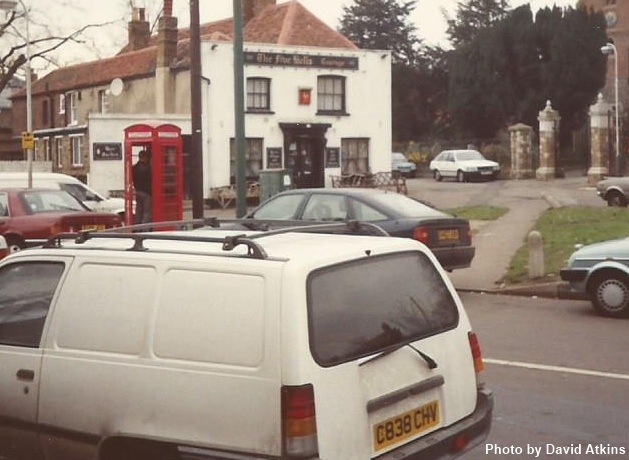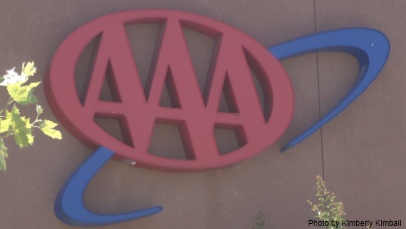International Car Insurance: What You Need to Know
Here is a misunderstood car rental scenario: you walk off your plane in a new foreign country, hop into a cab, and head straight to the local car rental company. Once inside, you go over to a smiling clerk who gladly helps you with the minimal documents needed to rent a car.
Unfortunately, it is almost never like that, unless you are either the President or a mulch-millionaire. In many countries, car insurance is required to even rent a car. The easiest (and cheapest, if you travel often) way to get car coverage is to get international car insurance. This will make sure that you have insurance wherever you go.
However,
even international car insurance is not a simple thing to get and
maintain. There are a number of different things to do or not do when
you drive outside your home country. In this article, we will touch on
seven of these things, although there are many more that can be
researched and found out.
Are You Covered?
When you
are planning your trip abroad and want to either hire a car or drive
your own (depending on where you are headed), it is essential that you
give your insurance agent a call and check what level of coverage you
might have or whether you actually have any at all.
You Might Be Un-Insured
It
seems quite likely these days that due to a change of policy with the
majority of insurance companies, and also as a result of cutbacks in the
level of cover being offered to save money, you are more likely to not
be covered than to have the luxury of car insurance that extends to a
foreign land.
A good example of this would be North American car
insurers who rarely provide insurance outside of their region; so check
it out before you go.
Car Rental Insurance
The vast
majority of us choose to hire a rental car when we go abroad and
unfortunately too many of us also do not pay enough attention to the
terms or level of coverage being offered by the rental company at the
desk. It is much better to know what your existing car or travel
insurance policy covers you for already before you sign up to a host of
extras that bump up the final bill and are just doubling up on what you
are already covered for or simply do not need.
Check Your Credit Card
It
is unlikely that your car insurance will cover you for driving in
Europe but you may have some sort of international car insurance or deal
in place that comes as part of a package with your credit card. It is
also worth checking with them as well as your insurance broker to see
what you are covered for. Knowing if you have even some basic coverage
for damage or breakdown will help you to keep the rental costs down by
refusing what you do not need to pay for.
Check Out The Local Rules
Although
the car rental company should provide you with a guide or even make
sure that your car is carrying the right equipment on board to comply
with the local laws, it is always a great idea to check out any major
differences by searching the Internet. Travelers to France, for
example, must comply with a whole host of laws and restrictions and the
local police enforce the terms with a great deal of enthusiasm so if you
want to have a trouble free trip and avoid paying a fine, you are best
checking out the details before you actually travel.
Documentation
Make
sure that you bring everything that you think you might need and of
course that will include the essential items such as your driving
license details, as you are not going to get very far without it. Some
countries also require you to carry additional paperwork and even
require you to have safety wear in the form of a high visibility jacket
somewhere in the car, to be used if you break down by the side of the
road.
Be Prepared
Traveling abroad can be a great
adventure and hopefully trouble free, but the key to a successful
journey is to prepare yourself before you travel. That way you can be
confident that you won’t get on the wrong side of the tracks when it
comes to international car insurance or subtle violations of driving
laws while in a foreign country.
Gillian Kearney is a
car insurance consultant. Her articles mainly appear on automotive and
insurance blogs. Visit the Monkey.co.uk site for more
information.



